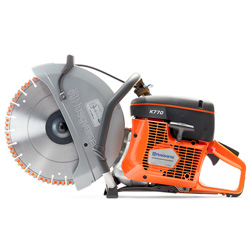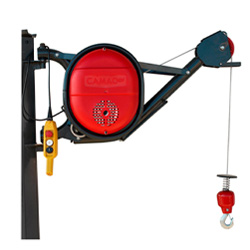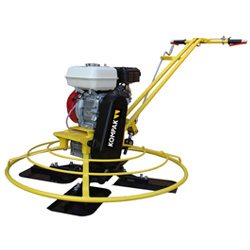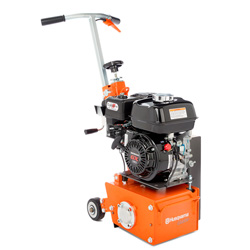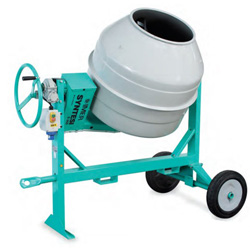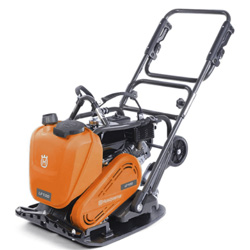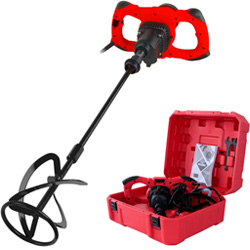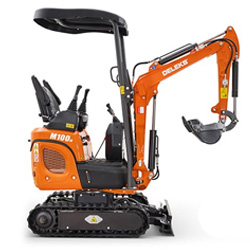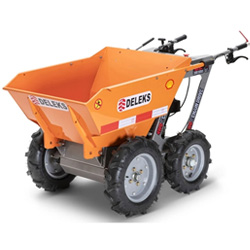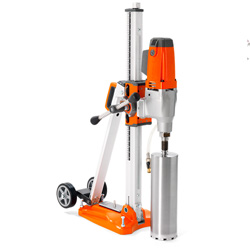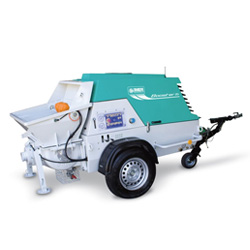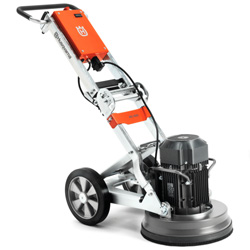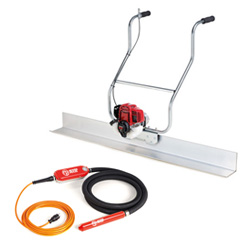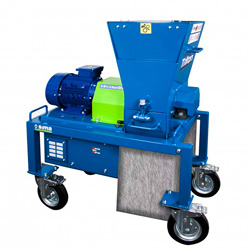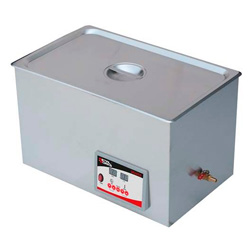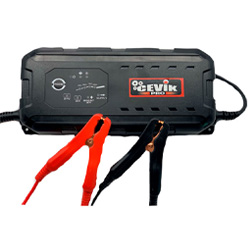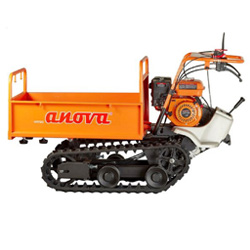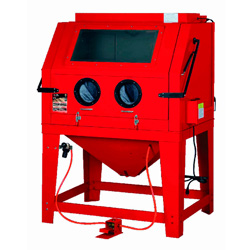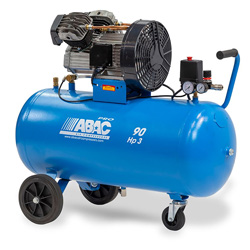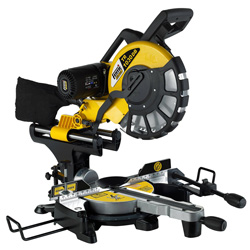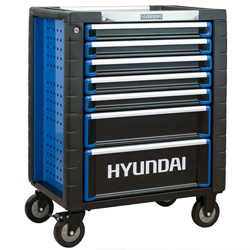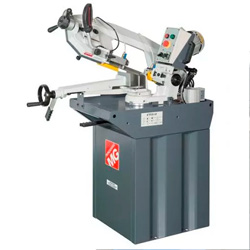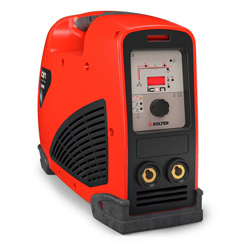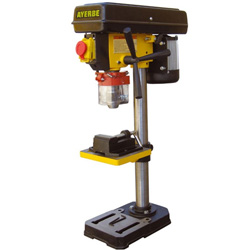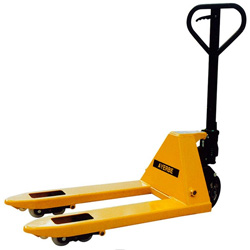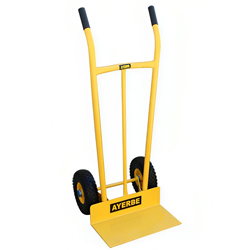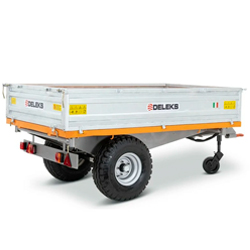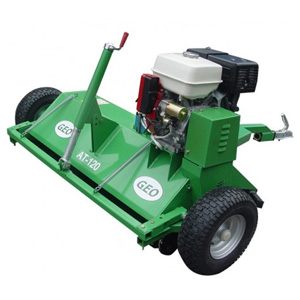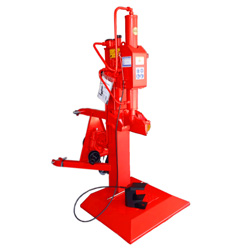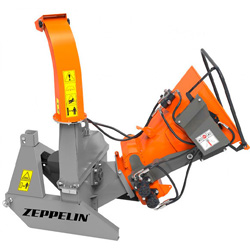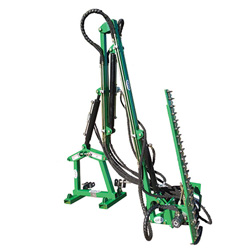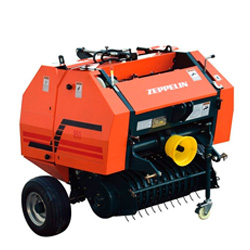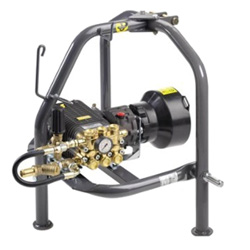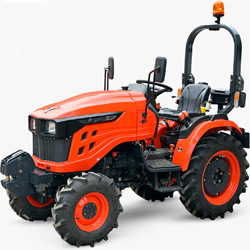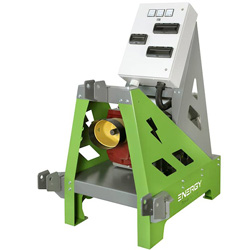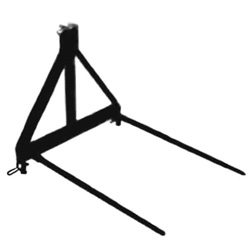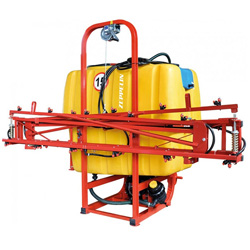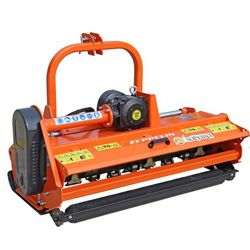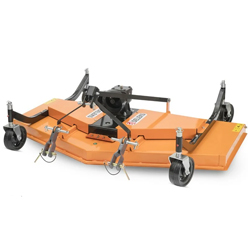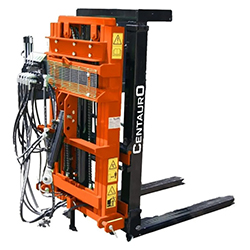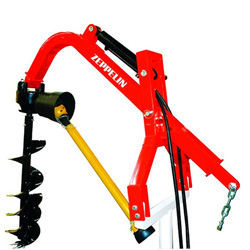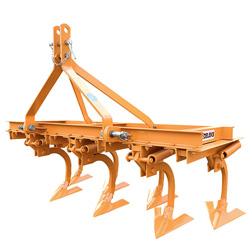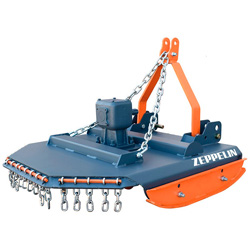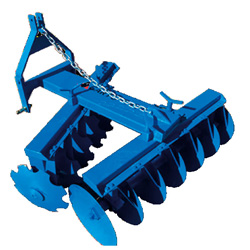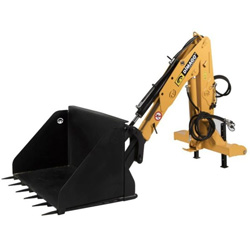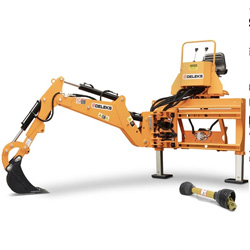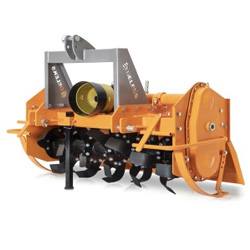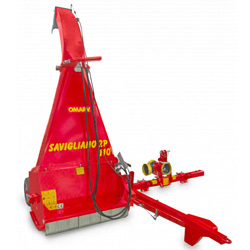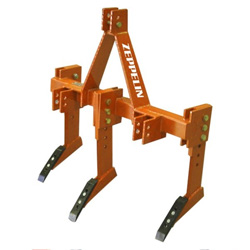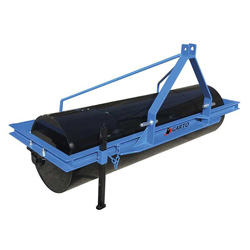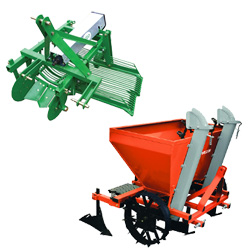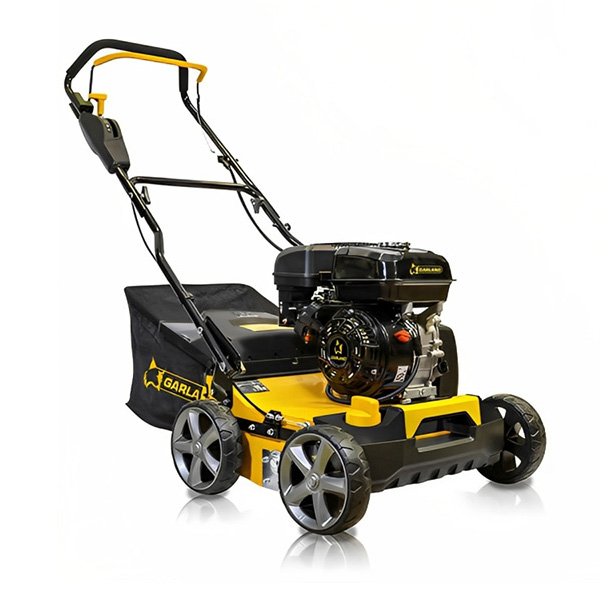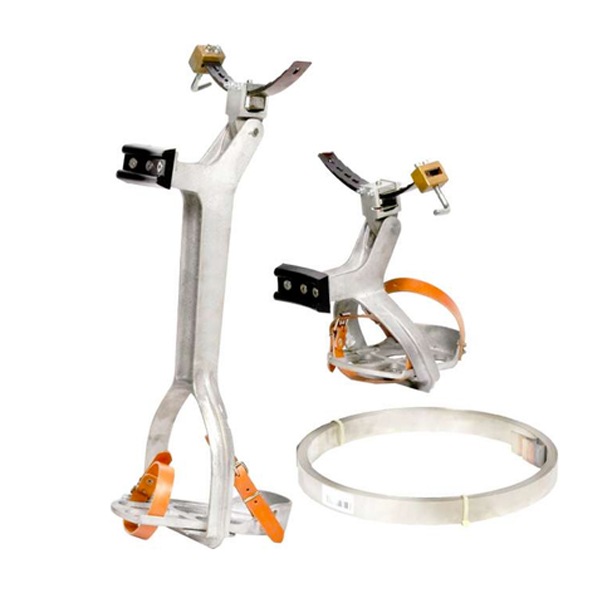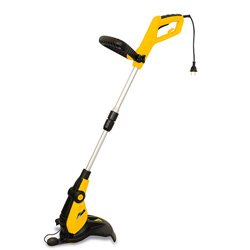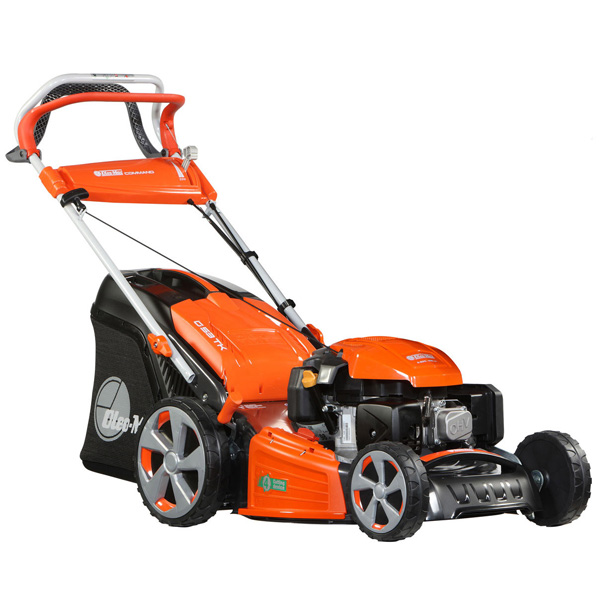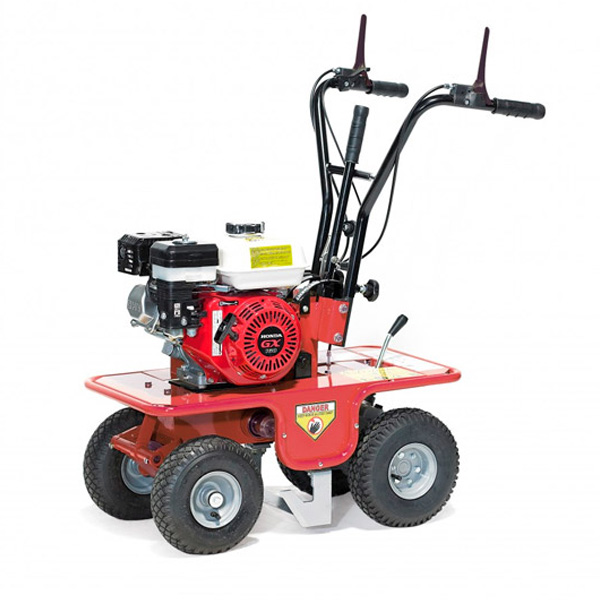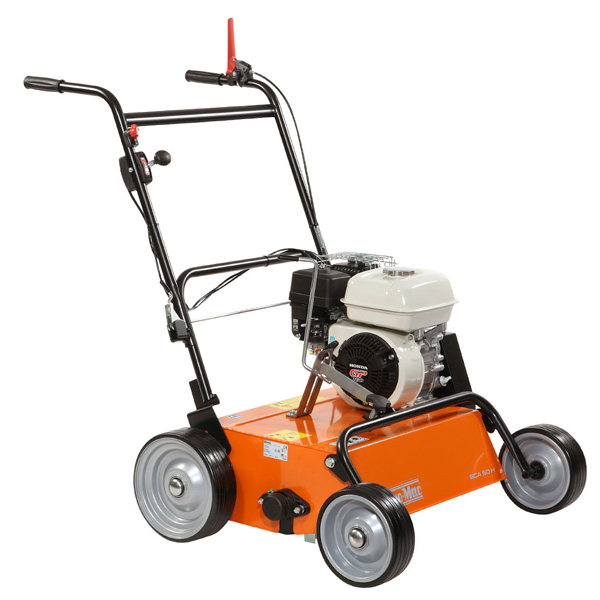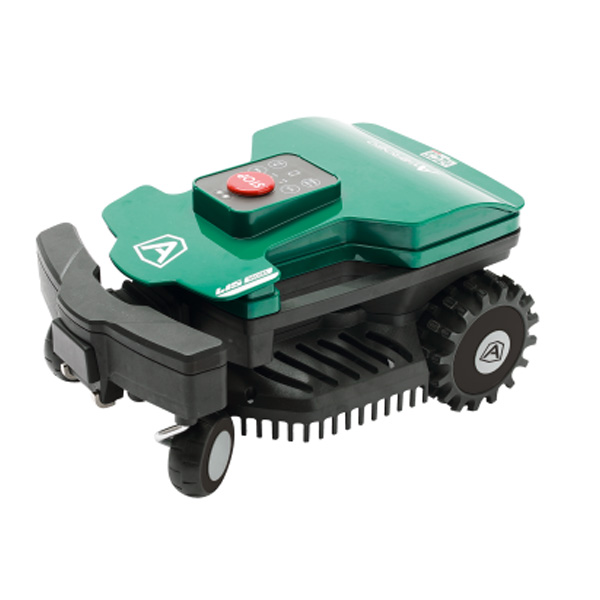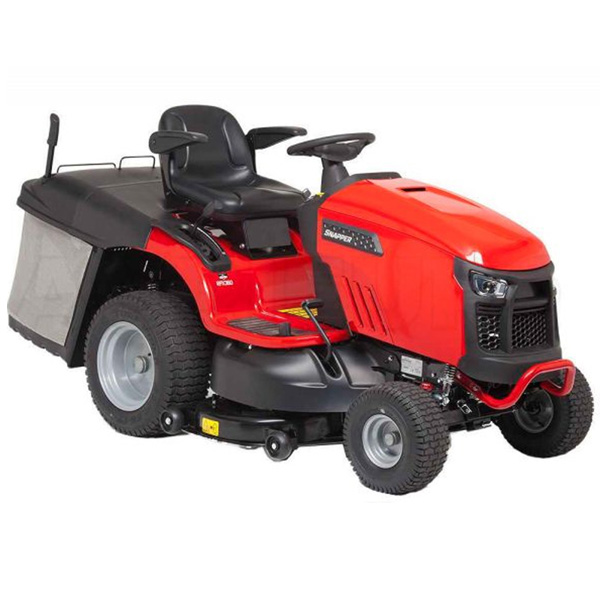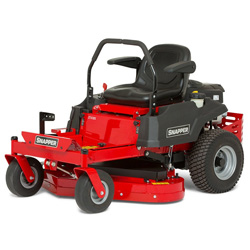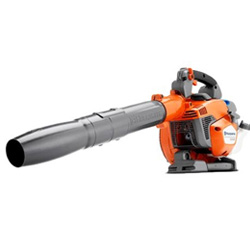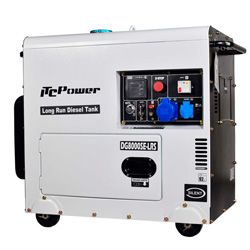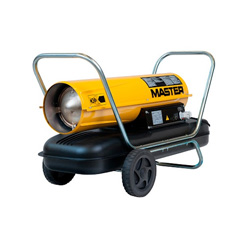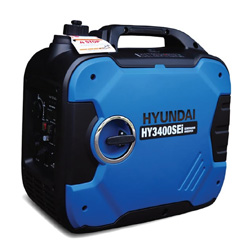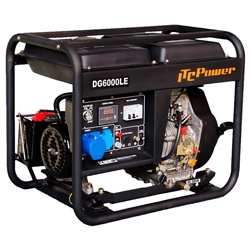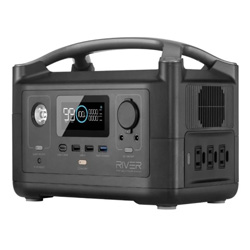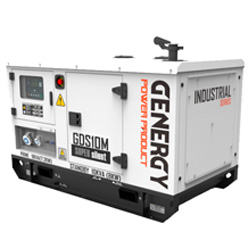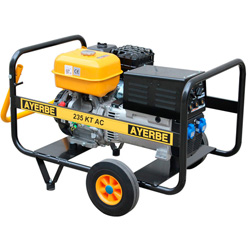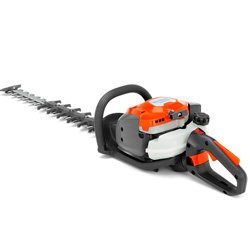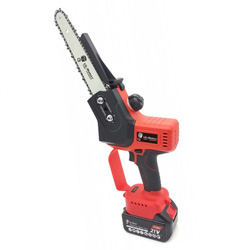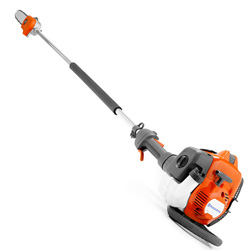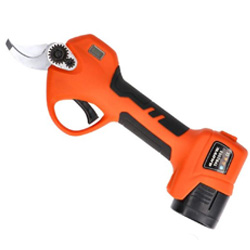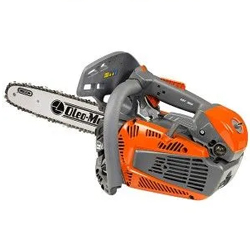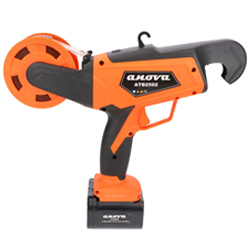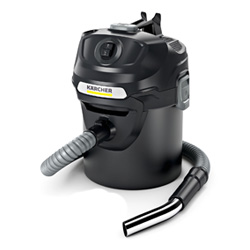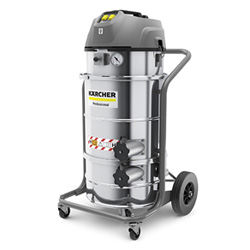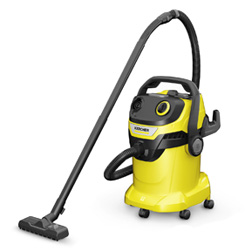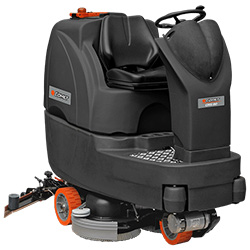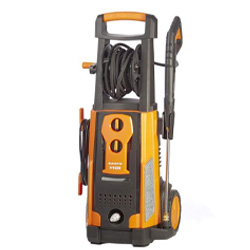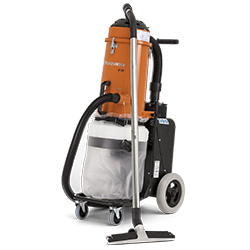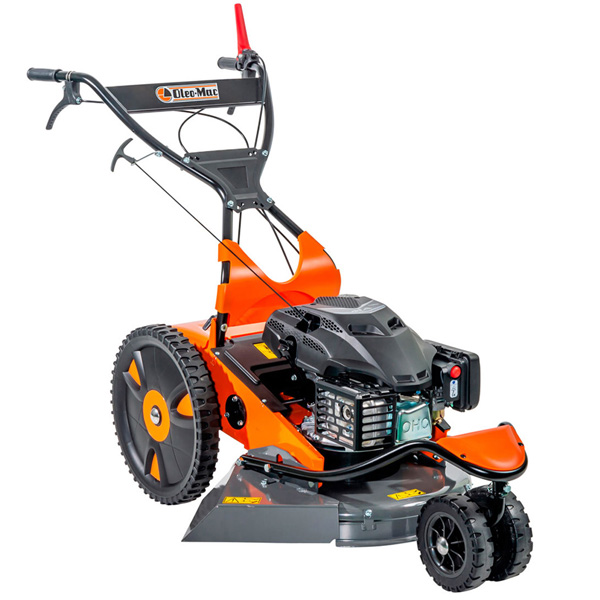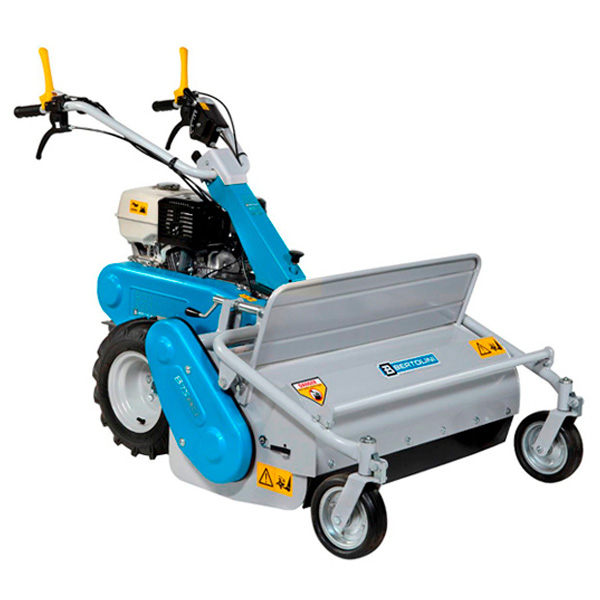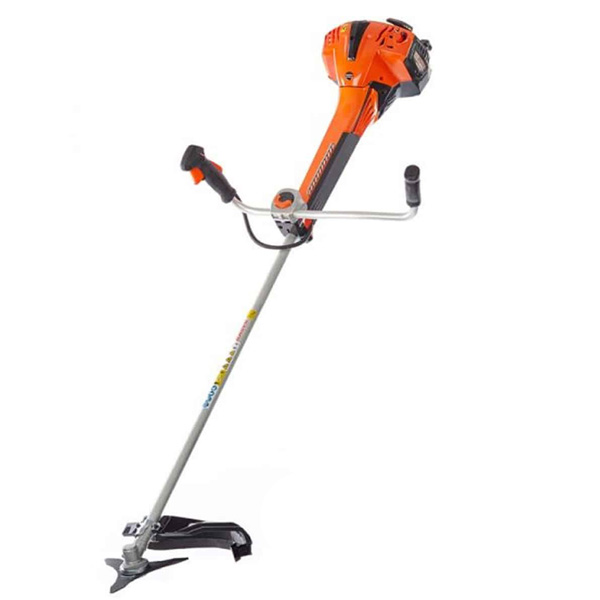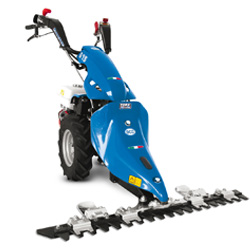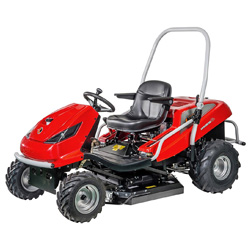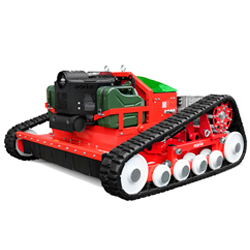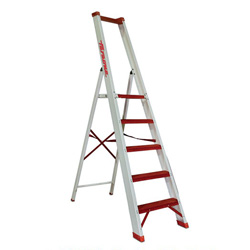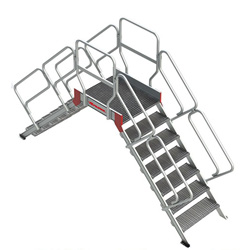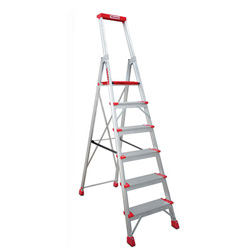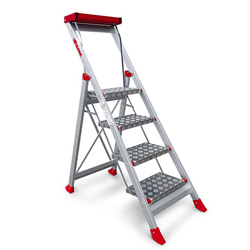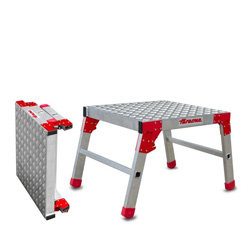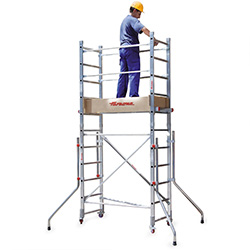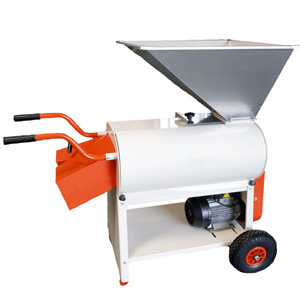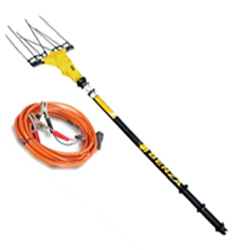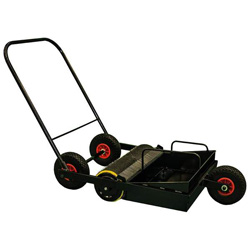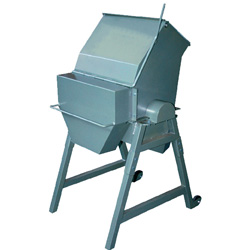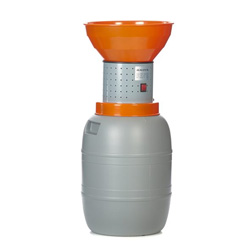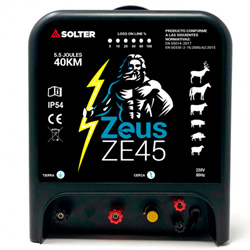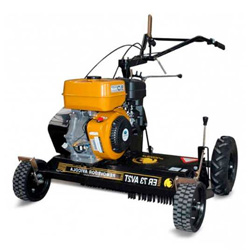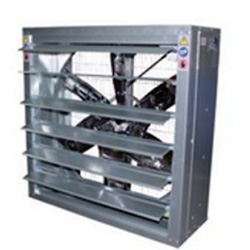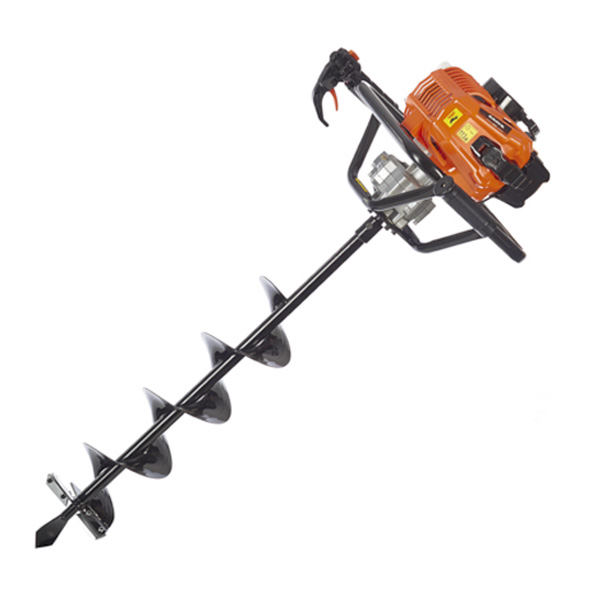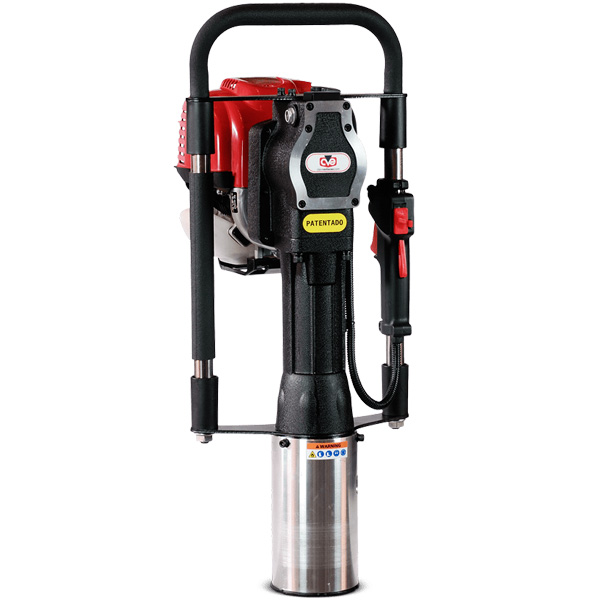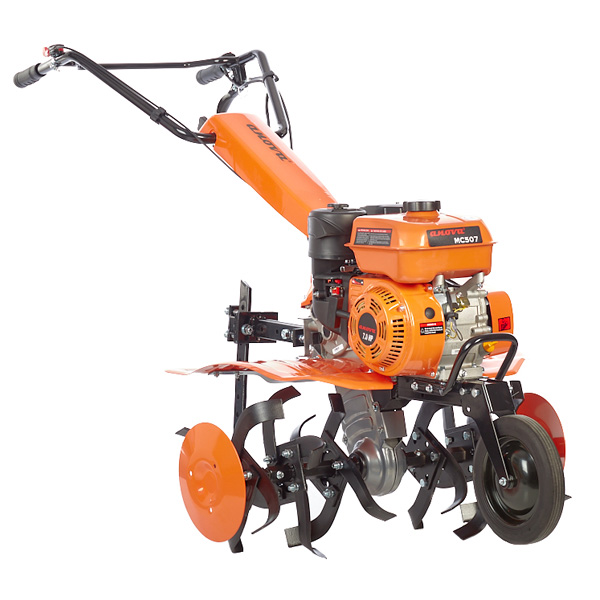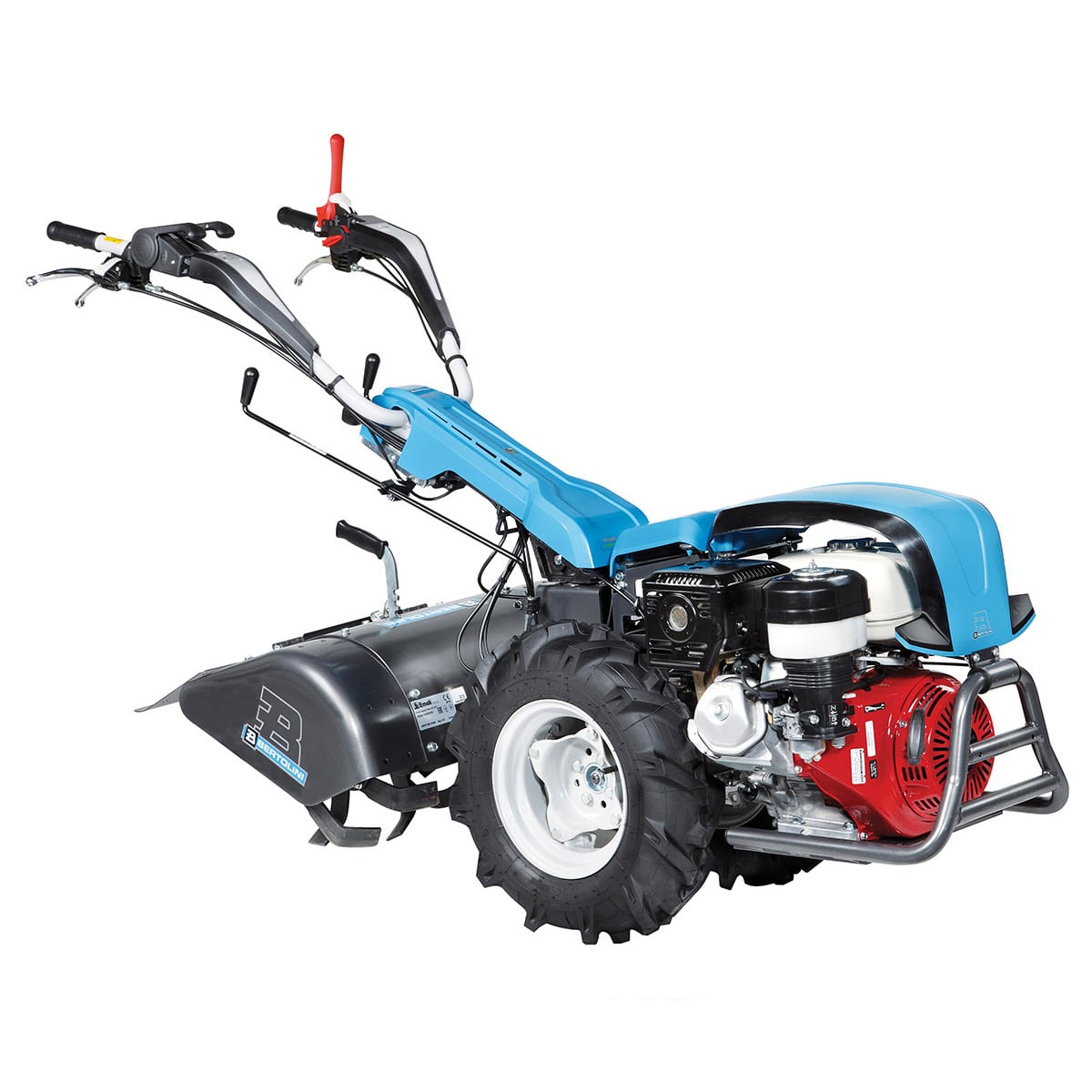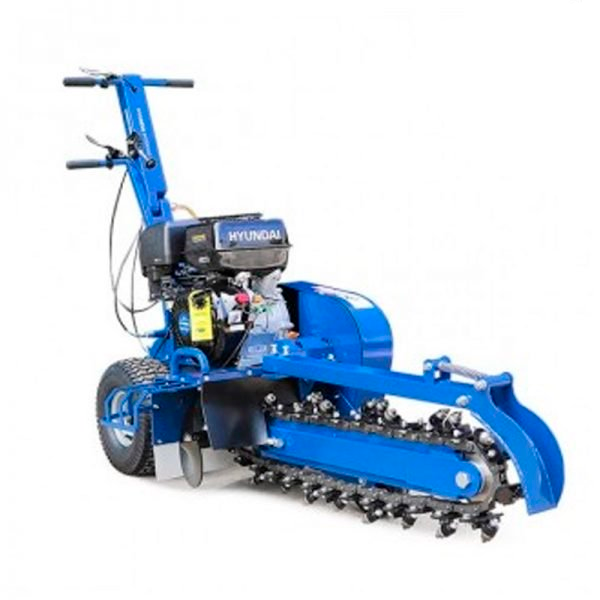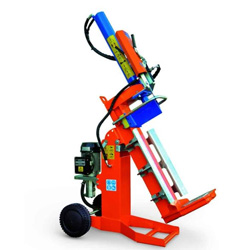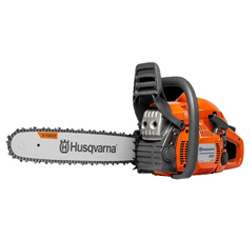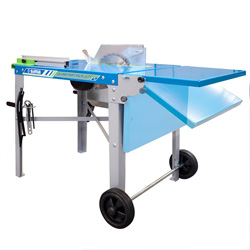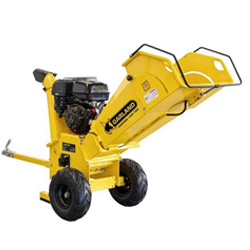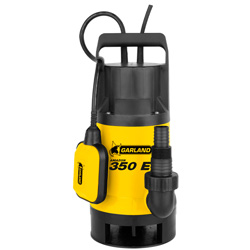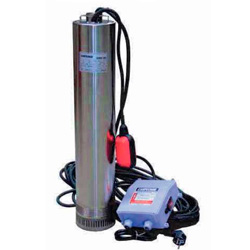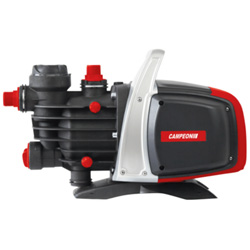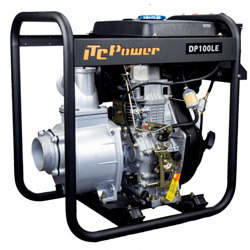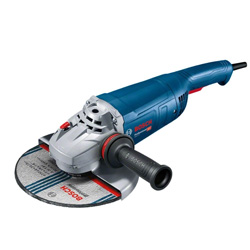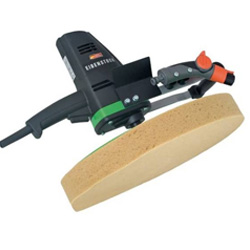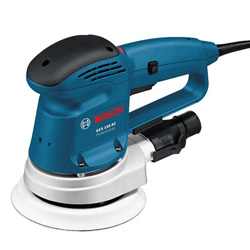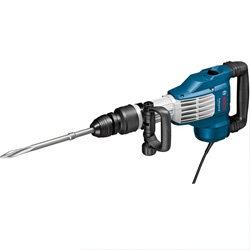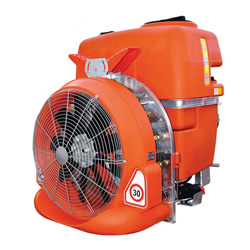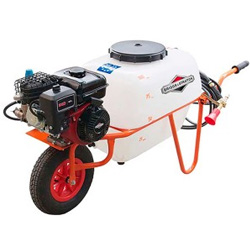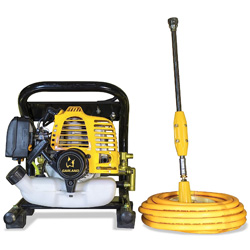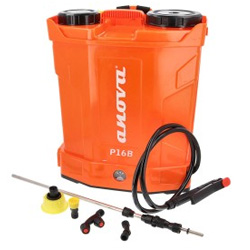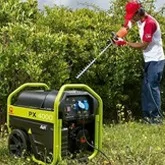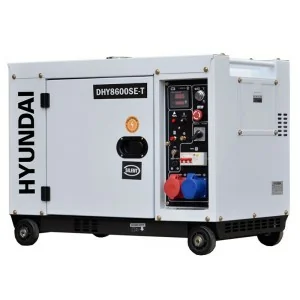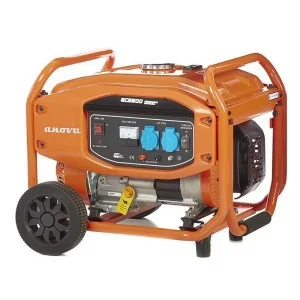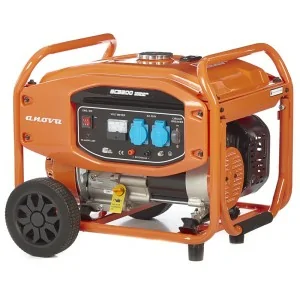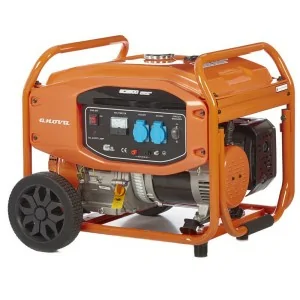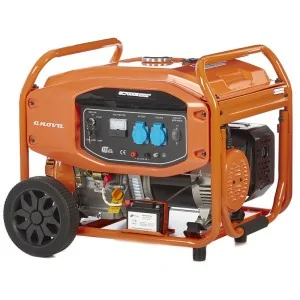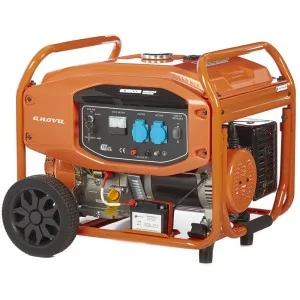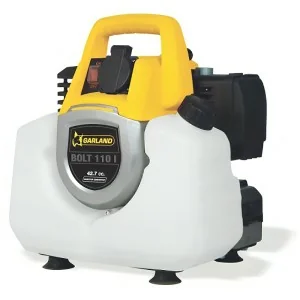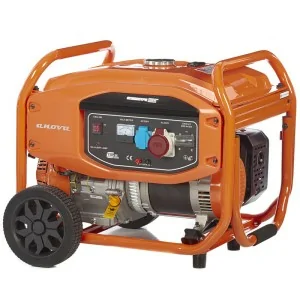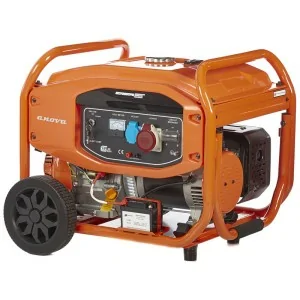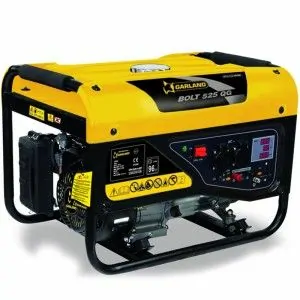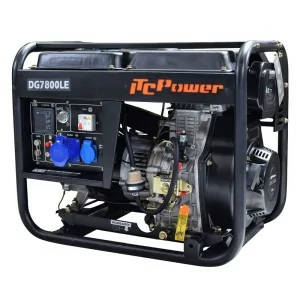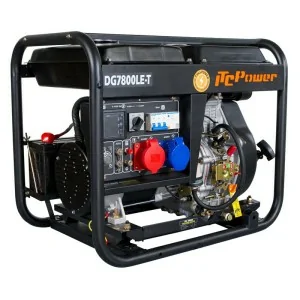An electric generator is a motor-driven machine that, as its name suggests, generates electric current with its operation. It does this by converting mechanical energy into electrical energy thanks to the magnetic field. Let's see a little more in depth what parts they are composed of.
The machine consists of several parts that combined all together create electricity to power our electrical appliances or other electrical machines. The generator has a component called a stator. The stator is a piece of metal with copper filaments inside. These filaments resemble an armature.
On the other hand we have the rotor of the machine which is located inside the stator itself and rotates thanks to the thrust of a turbine. With these parts, a generator is able to create light through the process described above.
Now that we know what a generator is and how it works, let's see which model you should buy according to your needs.
which generator to buy?
Before choosing a light generator, it is important to consider a few things to ensure its best performance.
If you need a machine to light your house, it is best to choose a gasoline generator with AVR system. This system protects your appliances from possible power surges.
If you are only going to connect some high consumption electronic equipment but mostly you will use it as a silent generator for caravans, this section is for you. Inverter generators have a voltage modulator that normalizes the current.

There are also solar electric generators that are the most silent that exist because they do not have a motor to generate electricity. The light is generated by photovoltaic panels that are connected to the generator.
These generators are usually used for homes where the user does not want to generate a lot of noise making electricity. The only disadvantage of these machines is that their batteries recharge very slowly and have a strong dependence on sunlight.
Finally, we must not forget the diesel electric generators that serve to provide electrical coverage in warehouses and larger buildings. These have engines capable of withstanding long working days generating light.
what are the differences between these generators?
One of the differences between the two types of electric generators is the price, since inverter generators are more expensive than regular generators. In principle, this is because they have a different technology that makes them much quieter and more efficient than the classic ones.
The next big difference is that inverter generators adapt to the energy demand, thus reducing their consumption considerably. The last of the notable differences is that inverter generators usually weigh much less than a conventional generator of the same power.
In short, if you need a silent electric generator for emergencies in caravans or power outages at home, choose an inverter. This type of generator has lower consumption and is quieter, in addition to fulfilling its main function of generating emergency light.
If you are looking for a standard electric generator that is efficient and you do not care about noise or consumption, then you should opt for gasoline electric generators. It is worth noting that some of these generators have the ATS system (automatic start in case of power failure).
how do I calculate how much power I need?
In order to better decide on which generator to buy, you should know that they serve to connect a limited number of electronic equipment or tools. This is because not all appliances consume the same amount of power.
To find out how much power you need in the machine, we created a table with the most common electronic devices and their average consumption with generators.
How to measure the required power
First make a list of all the appliances you plan to connect to the machine and write down their total consumption in Watts. Then, you must calculate, by looking at the table below, the power required by each of these appliances.
Finally, you have to add the result of the required power and you will be able to see how much will be your consumption in Watts. From there you just have to choose the generator that meets these calculations.
Consumption of electronic devices
| PRODUCT |
RESISTANCE IN WATTS (W) |
| LED lamp |
5-50 W |
| Fluorescent lamp |
40-100 W |
| Radio |
200 W |
| Television |
250 W |
| Printer |
350 W |
| Personal computer |
400 W |
| Hair dryer |
1000 W |
| Iron |
1200 W |
| Cement cutter |
1320 W |
| Arc welder |
3500 W |
| Cooler |
350 W |
| Freezer |
700 W |
| Pressure washer |
800 W |
| Photocopier |
1600 W |
| Air compressor |
1500 W |
| Washing machine |
750 W |
| Air conditioner |
1750 W |
| Handheld jig saw |
1300 W |
| Grinder |
1300 W |
| Drill |
500-750 W |
| Orbital sander |
450 W |
Buy electric generator
As we have mentioned, there are a multitude of brands and models of electric generators. However, the products that we recommend the most are the generator Anova GC5500 which has a 13 hp gasoline engine. It has a fuel tank of 28 liters and AVR system.
On the other hand we have the inverter generator Pramac P3000i which has 2.5 kW of maximum power consuming only 1.14 liters per hour. Its autonomy is 3.5 hours with a tank of 4 liters. It has two Schuko plugs of 230V and 16A. It can also be connected to another P3000i generator to double the power.
If you need a solar generator, the Hyundai HPS-1600 is a good choice. It has up to 3 kW of power to keep your electronic devices running. It has several usb ports to directly charge cell phones, laptops, etc.
If you are a professional who needs a generator for your company, we recommend the Hyundai DHY6000SE. It has a power of 5 kW, a fuel tank of 12 liters and an autonomy of about 10 hours. It is a good choice for your business. It also has the AVR system and electric start.















